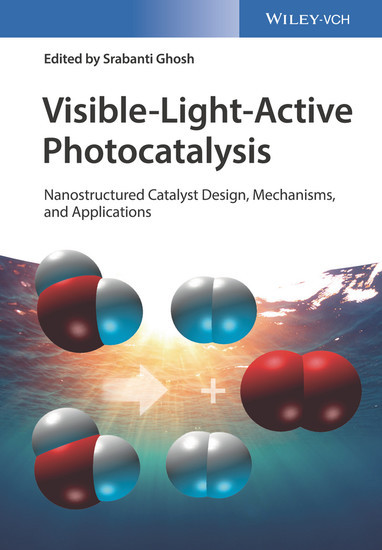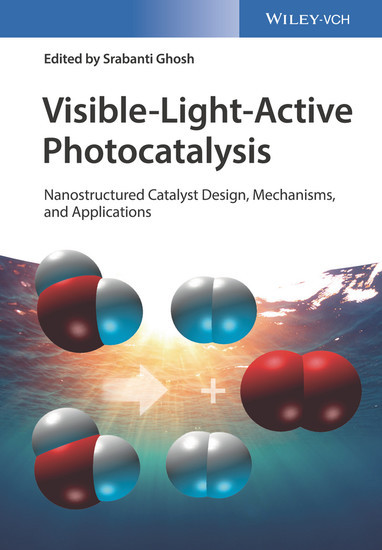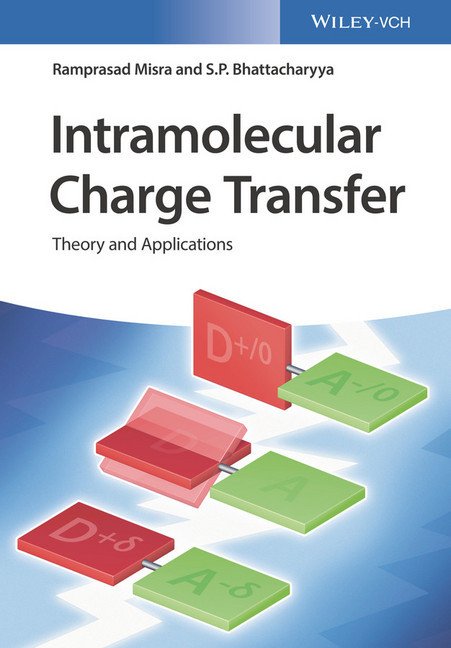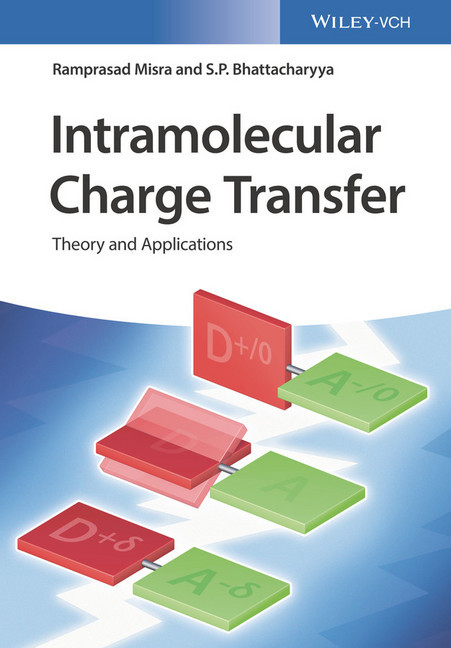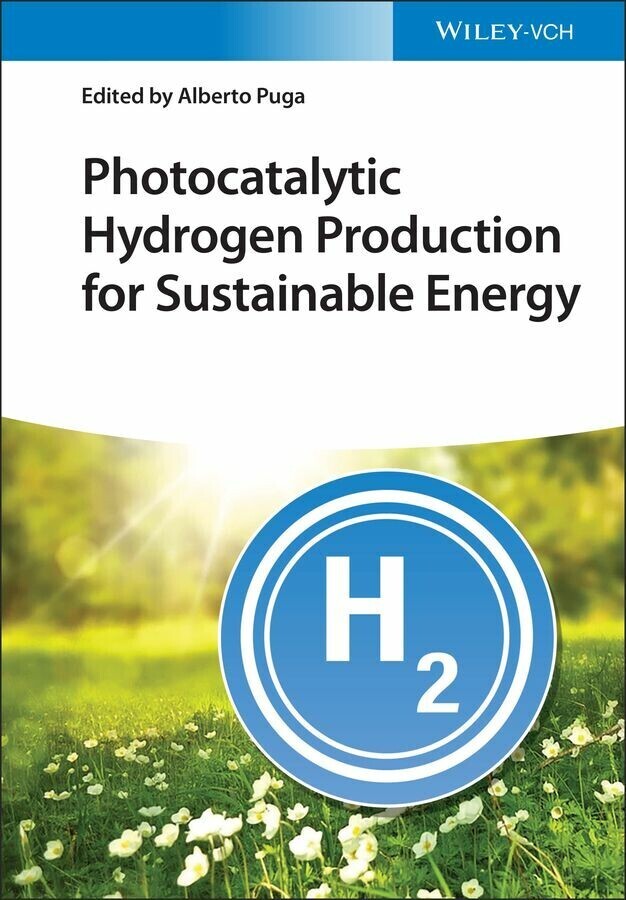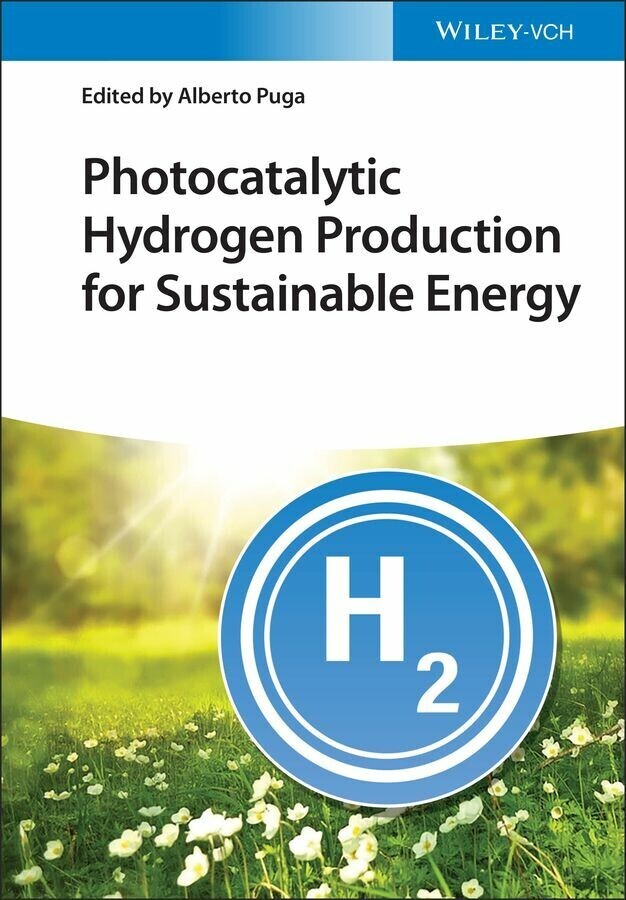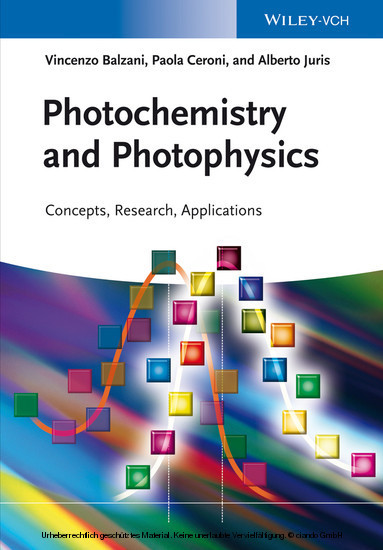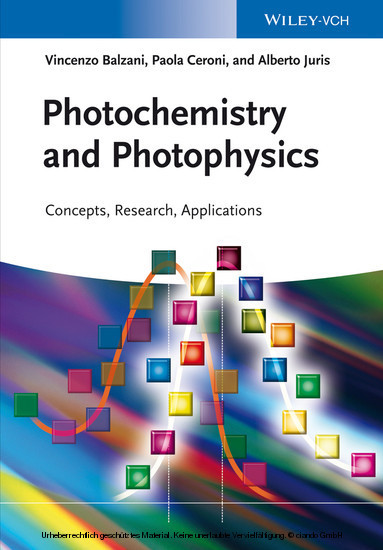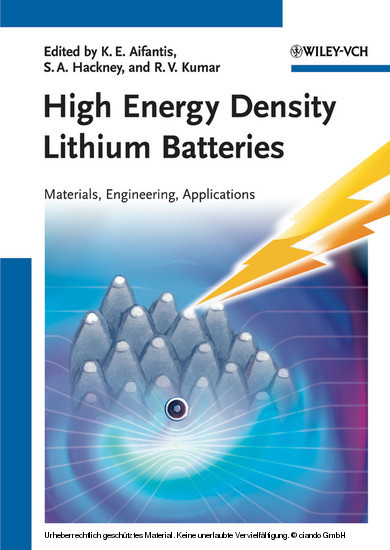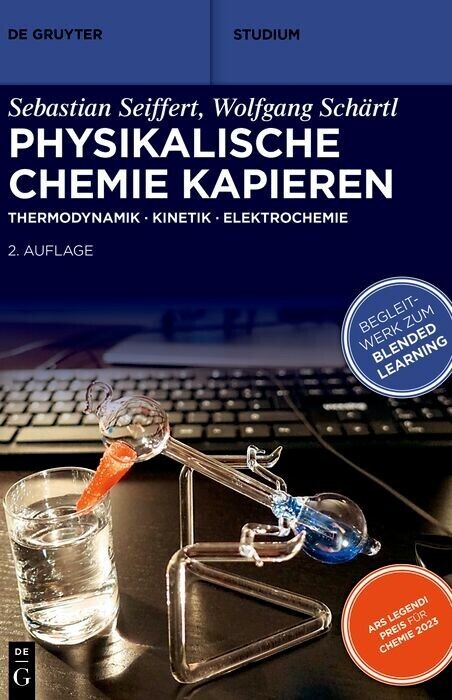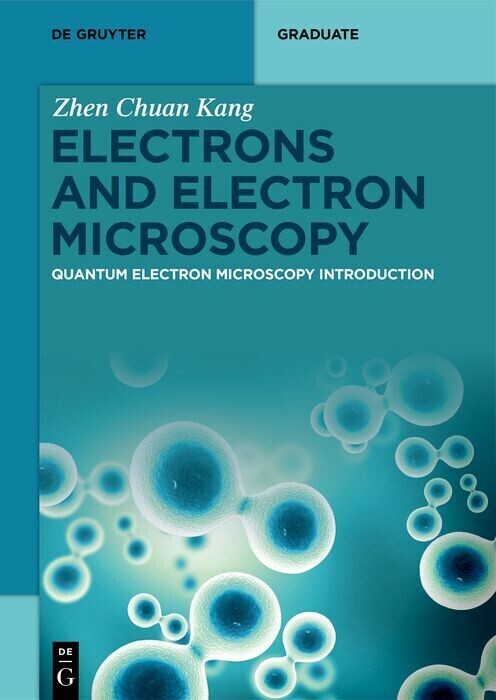Visible-Light-Active Photocatalysis
Nanostructured Catalyst Design, Mechanisms, and Applications
Visible-Light-Active Photocatalysis
Nanostructured Catalyst Design, Mechanisms, and Applications
A comprehensive and timely overview of this important and hot topic, with special emphasis placed on environmental applications and the potential for solar light harvesting.
Following introductory chapters on environmental photocatalysis, water splitting, and applications in synthetic chemistry, further chapters focus on the synthesis and design of photocatalysts, solar energy conversion, and such environmental aspects as the removal of water pollutants, photocatalytic conversion of CO2. Besides metal oxide-based photocatalysts, the authors cover other relevant material classes including carbon-based nanomaterials and novel hybrid materials. Chapters on mechanistic aspects, computational modeling of photocatalysis and Challenges and perspectives of solar reactor design for industrial applications complete this unique survey of the subject.
With its in-depth discussions ranging from a comprehensive understanding to the engineering of materials and applied devices, this is an invaluable resource for a range of disciplines.
Dr. Srabanti Ghosh is currently a Senior Research Associate (Scientists' Pool Scheme) in the Fuel Cell and Battery Division, at the CSIR-Central Glass and Ceramic Research Institute in Kolkota, India. She received her PhD in 2010 from UGC-DAE Consortium for Scientific Research, Kolkata Centre and Jadavpur University, Kolkata, followed by a position as research associate at the Centre for Advanced Material, Indian Association for the Cultivation of Science in Kolkota. After a research stay as a postdoctoral fellow (RBUCE UP, Marie Curie Cofund) at the Laboratoire de Chimie Physique, University of Paris-Sud, France, she was appointed as Visiting Assistant Professor at the S. N. Bose National Centre for Basic Sciences in Kolkata, India. Her research interests encompass synthesis and applications of semiconductor, graphene and polymer-based nanomaterials, sensing, solar light harvesting, liquid fuel cells and catalysis
Following introductory chapters on environmental photocatalysis, water splitting, and applications in synthetic chemistry, further chapters focus on the synthesis and design of photocatalysts, solar energy conversion, and such environmental aspects as the removal of water pollutants, photocatalytic conversion of CO2. Besides metal oxide-based photocatalysts, the authors cover other relevant material classes including carbon-based nanomaterials and novel hybrid materials. Chapters on mechanistic aspects, computational modeling of photocatalysis and Challenges and perspectives of solar reactor design for industrial applications complete this unique survey of the subject.
With its in-depth discussions ranging from a comprehensive understanding to the engineering of materials and applied devices, this is an invaluable resource for a range of disciplines.
Dr. Srabanti Ghosh is currently a Senior Research Associate (Scientists' Pool Scheme) in the Fuel Cell and Battery Division, at the CSIR-Central Glass and Ceramic Research Institute in Kolkota, India. She received her PhD in 2010 from UGC-DAE Consortium for Scientific Research, Kolkata Centre and Jadavpur University, Kolkata, followed by a position as research associate at the Centre for Advanced Material, Indian Association for the Cultivation of Science in Kolkota. After a research stay as a postdoctoral fellow (RBUCE UP, Marie Curie Cofund) at the Laboratoire de Chimie Physique, University of Paris-Sud, France, she was appointed as Visiting Assistant Professor at the S. N. Bose National Centre for Basic Sciences in Kolkata, India. Her research interests encompass synthesis and applications of semiconductor, graphene and polymer-based nanomaterials, sensing, solar light harvesting, liquid fuel cells and catalysis
Ghosh, Srabanti
| ISBN | 9783527808151 |
|---|---|
| Artikelnummer | 9783527808151 |
| Medientyp | E-Book - ePUB |
| Copyrightjahr | 2018 |
| Verlag | Wiley-VCH |
| Umfang | 640 Seiten |
| Sprache | Englisch |
| Kopierschutz | Adobe DRM |

